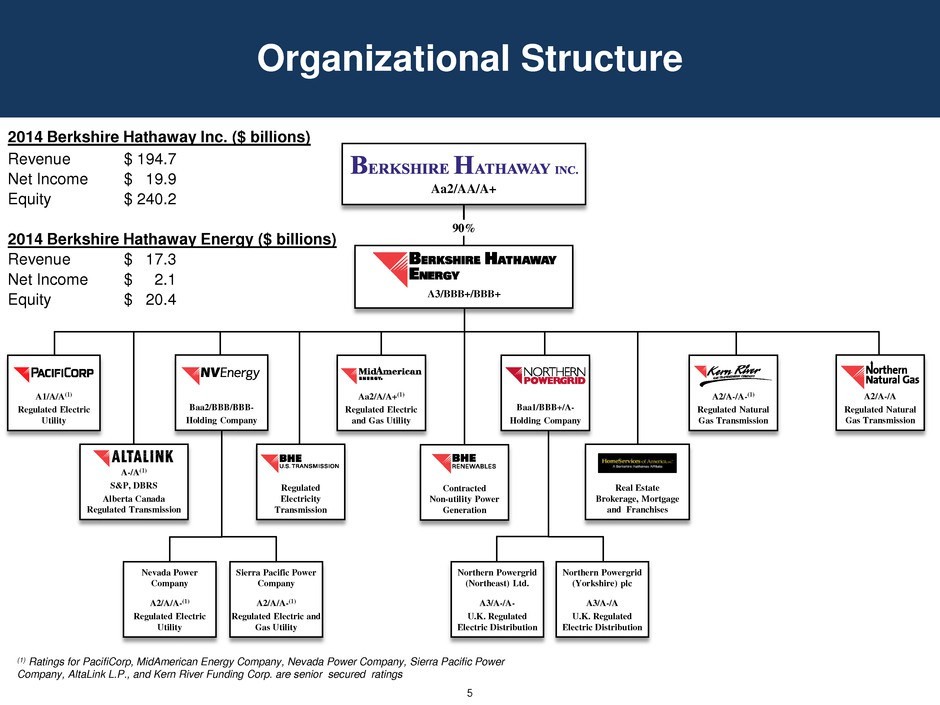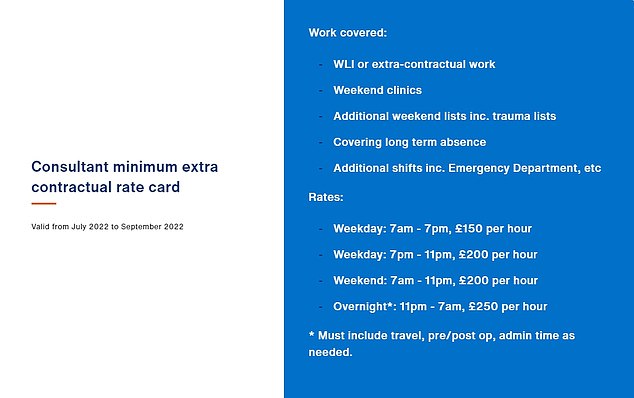
A sustainable consultant provides advice to companies about how to improve the delivery of their products and services and reduce their environmental impact. These consultants could be specialists in areas such as sustainable development and green building. These consultants may also be experts in green building or waste management. Find out what a sustainability consultant does and how they can help you.
Responsibilities of a Sustainable Consultant
A sustainable consultant helps businesses comply with environmental regulations. This individual conducts energy audits and streamlines supply chains. They also reduce waste. They help communities meet their needs. They may help organizations implement LEED certification or develop their own customized sustainability policies.
If you are thinking of a career in sustainability consultancy, it is worth looking for internships in the field. Volunteering can provide valuable experience and help you get involved in charitable organizations. Additionally, internships in the environmental sector can strengthen your CV. You could also opt to earn a certificate on sustainability. An environmental science degree is a plus for a role as a sustainable consultant.

Entry-level positions require at least a bachelor's degree. Candidates should also have a passion for sustainability, excellent analytical and critical thinking skills, and good communication skills. Entry-level consultants must be able handle multiple tasks and multitask. Experience is key to your success in this field.
Examples of sustainable consultants
Sustainable consultants aim to minimize their client's impact on the environment. They have experience leading large projects and developing strategies that will make them more sustainable. They also provide technical support in areas such as waste management or energy consumption. They present their findings and encourage key stakeholders to adopt sustainable practices. The following are examples of sustainable consulting:
Large companies frequently seek sustainability consultants. According to West Monroe Global Environment Reports, companies with a budget of more than $250million are four times less likely to reduce their carbon footprint compared to those with a lower budget. However, some startups and small companies may focus on sustainability as an essential part of their business strategy.
Consultants in sustainability can make a real impact on the environment and communities. It can be hard to balance the social and environmental laws. They may also need to travel frequently, often overnight. They must be flexible and adaptable, as they might be contacted by different companies from different industries.

To be a viable consultant, you need the following skills
Communication is a key skill for any sustainable consultant. This is essential since sustainability consultants must often explain complex topics to their clients. Strong communication skills enable them to listen and share their ideas. Stakeholder engagement is another important skill that a sustainable consultant should have. Stakeholder engagement is crucial because sustainability consultants frequently deal with clients with different opinions. This skill allows them the ability to present their ideas and convince clients.
Sustainability consultants need to be able to communicate clearly and have great presentation skills. Sustainable consultants must be able communicate clearly and convince others of the importance of environmental conservation. This requires knowledge of all aspects of the environment, including business practices and methods of production. Consultants must also be able to continuously improve their knowledge to remain at the forefront in the industry.
FAQ
How did modern consultancy come about?
The first consultants were accountants that helped companies manage finances. They became known as "accounting consultants." This was because they had become very skilled at managing financial information. However, this role soon expanded into other areas, such as human resources management.
The term "consultant" came from the French word for "to advise." It was used by businessmen to describe someone who could offer advice on how to run an organization. In fact, most business owners today still use the word consultant when referring to any kind of professional advisor.
How can I be a successful consultant?
The first step is to find an area you are passionate about. Then you have to build relationships. It is crucial to learn about your clients and understand their needs. The final step is to provide results.
Although you don't have the ability to do everything perfectly, you must be better than anyone else. Passion is key. It's not enough to just say "I want to be a consultant." You have to believe in yourself, and in what you are doing.
What is the difference of a consultant versus an advisor?
A consultant is an advisor who gives information on a particular topic. A consultant provides solutions to problems.
Consultants work directly for clients to help achieve their goals. Clients are referred to advisors through books, magazines and lectures.
What degree do I need to become a consultant?
Studying a subject deeply and then applying your knowledge is the best way for you to become an expert.
So if you want to learn how to become a great consultant, start studying now!
A degree without relevant experience may make it difficult for you to be hired. If you can show that your education is comparable to the job applicants, you may still be eligible for employment.
But remember, employers will always look for candidates with real-world expertise.
Statistics
- Over 62% of consultants were dissatisfied with their former jobs before starting their consulting business. (consultingsuccess.com)
- WHY choose me: Why your ideal client should choose you (ex: 10 years of experience and 6-week program has helped over 20 clients boost their sales by an average of 33% in 6 months). (consultingsuccess.com)
- So, if you help your clients increase their sales by 33%, then use a word like “revolution” instead of “increase.” (consultingsuccess.com)
- According to IBISWorld, revenues in the consulting industry will exceed $261 billion in 2020. (nerdwallet.com)
- My 10 years of experience and 6-step program have helped over 20 clients boost their sales by an average of 33% in 6 months. (consultingsuccess.com)
External Links
How To
How to Start a Consultancy Company and What Should I Do First
You can make a lot of money by setting up a consulting business. You don’t need to have business experience or invest capital. Building a website is a great place to start a consulting business. Once you've built a website, you'll want to use social media platforms such as Facebook, Twitter, LinkedIn, Instagram, Pinterest, YouTube, etc... to get the word out about your services.
With these tools, you can put together a marketing plan that includes things like:
-
Creating content (blogs)
-
Building relationships (contacts).
-
Generating leads, also known as lead generation forms
-
Selling products online
Once you've developed your marketing strategy, you'll need to find clients who will pay for your services. Some prefer to meet up at networking events or go to meetings, while others prefer to use online platforms like Craigslist, Kijiji, and others. It's up to you to make the decision.
Once you've found new clients, you'll want to discuss terms and payment options. You can discuss hourly rates, retainer agreements, flat fees, and other options. It is important to clearly communicate with clients before you accept them as clients.
Hourly agreements are the most common contract type for consultancy services. You agree to offer certain services at a fixed fee each month or every week. You may be eligible to negotiate a discount, depending on the service that you offer. Before you sign a contract, ensure you understand everything.
Next, create invoices for your clients and send them. Invoicing is one of those things that seems simple until you actually try it. There are many ways that you can invoice your clients depending on what your preferences are. You can choose to have your invoices sent directly to your clients or to print them and send them. Whatever method you choose, make sure it works for you!
After creating invoices are complete, you will need to collect payments. PayPal is popular because it is easy to use, offers several payment options, and most people prefer it. Other payment processors, like Square Cash or Google Wallet, Square Cash or Apple Pay, Venmo and Venmo are also available.
Once you're ready to begin collecting payments, you'll want to set up bank accounts. Separate savings and checking accounts will allow you to track your income and expenses independently. Automated transfers into your bank account are a great way to pay bills.
When you start a consultancy business, it may seem overwhelming, but once you learn how to do it correctly, it becomes second nature. Check out this blog post for more information about starting a consultancy company.
It's a great way for extra income without having to worry about hiring employees. Many consultants work remotely, which means they don't have to deal with office politics or long hours in the office. Because you don't have to work a set number of hours per week, you can be more flexible than a traditional employee.